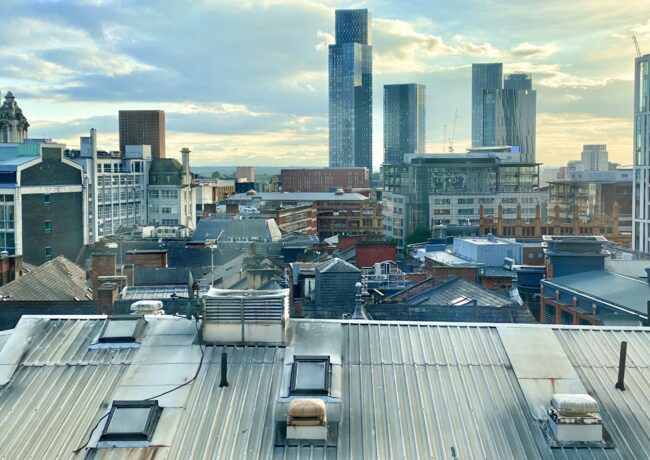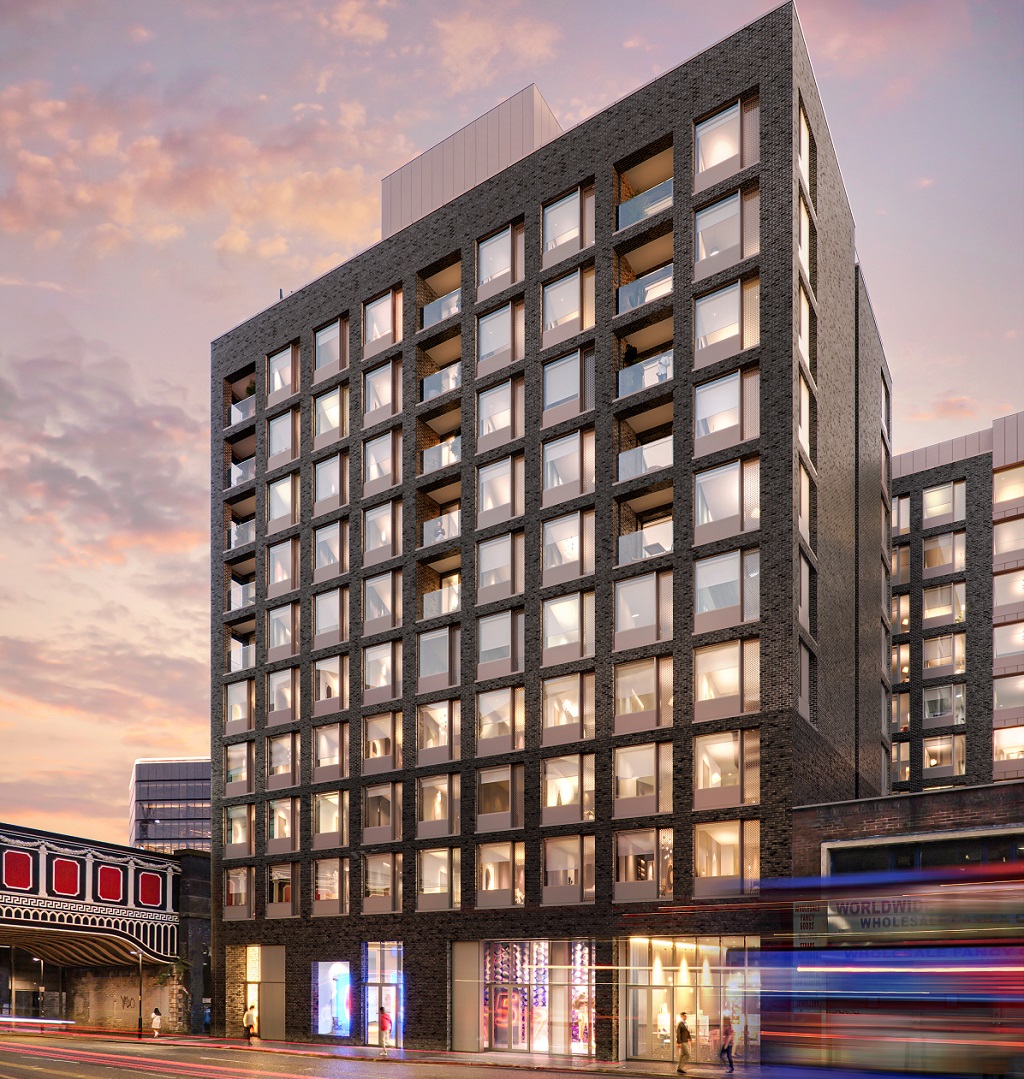Manchester post-pandemic: ‘Housing quality will likely deteriorate’ says report
The Institute of Health’s “Build Back Fairer in Greater Manchester: Health Equity and Dignified Lives” analysed Covid’s impact on the region and gave advice on how it can improve.
Manchester’s Economic Scrutiny Committee will discuss the report at its meeting on 14 October.
The report highlighted several instances where inequalities were magnified because of the pandemic, this included when it came to housing.
Overcrowded and poor-quality housing is both harmful to health and increases health inequalities, according to the report. That makes housing a health equity problem in the region.
Lockdown made the issues worse, with the stress of living in bad housing conditions adding to other mental health issues. Manchester City Council’s own autumn 2020 analysis found that residents in older, poor quality private rental sector were among the most at risk of being infected with Covid as well.
The Institute of Health’s report predicts a bleak future.
“In the aftermath of the pandemic it is likely that housing quality will likely deteriorate further as landlords, including private and social landlords, are less likely to invest in their properties; they will have fewer resources available to them due to declining incomes, plus there will be a greater demand for cheap rental properties,” it reads.
The report also notes that problems like homelessness will increase if the shortage of affordable housing is not addressed.
“Poor quality and unaffordable housing remains a critical health equity issue in Greater Manchester, this has been highlighted by the higher rates of infection and mortality from Covid-19 for those living in overcrowded housing,” it continues.
The report states that there needs to be more affordable and social housing as well as tighter regulations on housing quality and bad landlords.
Change isn’t coming fast enough, either. The report states that the region’s goal to build 50,000 affordable homes – 30,000 of which will be for social rent – by 2037 is “too few and too slow to meet the demands for affordable housing”.
The report also notes that the region needs to go beyond just housing. Green spaces play a key role in improving inequalities in place, as does having good transport links.
To that end, the report offers advice on how Manchester and the region should act. The advice includes:
- Improving housing quality
- Increasing the number of affordable homes, which should be built to net zero standards
- Implementing the Good Landlord Scheme, which will help PRS quality by working with landlords and agents
- Improving green spaces and air quality
- Creating clean air zones
Read Manchester City Council’s officer analysis of the Institute of Health report.





what d’you mean likely to deteriorate….!
have you looked at most of what is being built
By anonymous
It’s alarming how wide the gap is becoming in this country between the haves and have-nots. Everybody deserves to live in safe, affordable housing.
By Frank
Just look at the boom in co-living to see how this model of apartments has lowered the bar in terms of quality living spaces. Its just normalising what should be unacceptably small living spaces.
By G Jackson
Inequality does not just exist in the UK it is a global issue, we can alleviate disadvantage by providing work and decent wages but it`s a pipe dream to think everyone will be on the same level.
In the NW we are already seeing concentration of well paid work and opportunities in some areas while others suffer,as a result, so inequality is not solely a national issue it`s regional too.
By Anonymous
@anonymous:
“what d’you mean likely to deteriorate….!
have you looked at most of what is being built”
Most of what is being built has absolutely no bearing on the vast majority of housing stock or the vast majority of people.
By Alex